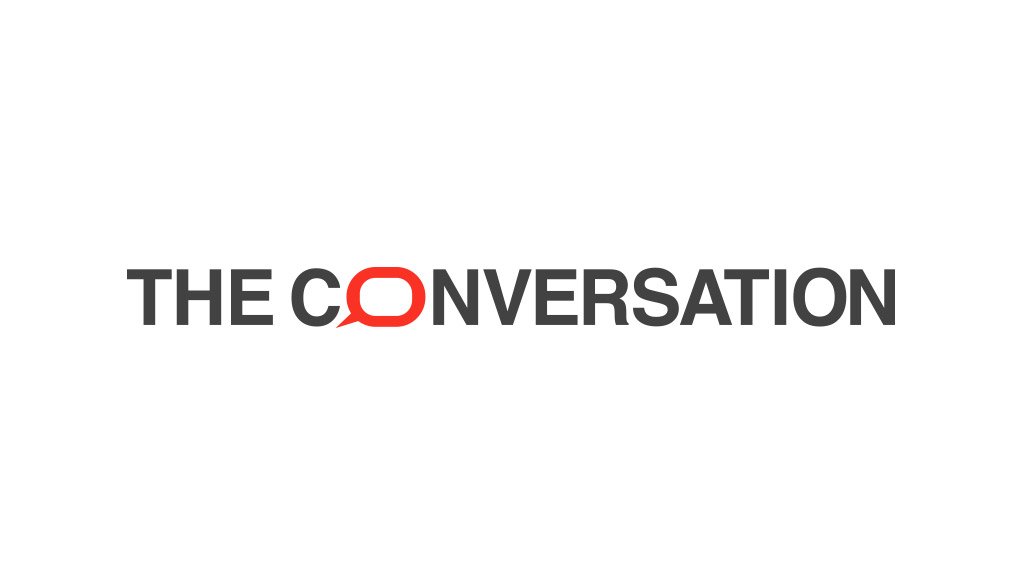What are the gaps in international humanitarian law?
Firstly, many people in Africa, including non-state armed groups, are sceptical of the international legal system. Governments and non-state actors see it as an unwelcome intrusion and an extension of neo-colonialism.
Secondly, international humanitarian law is state-focused. This weakens its ability to regulate the conduct and behaviour of non-state armed groups. These groups cannot become parties to international humanitarian law treaties. It is thus unsurprising that they don’t comply with those rules.
The deficiences of the law in protecting victims of armed conflict is evident in the deliberate targeting of civilians, obstruction of humanitarian aid, and abuse of vulnerable groups in Gaza, Sudan, and the Democratic Republic of Congo.
For the law to be relevant, effective and authoritative, its hierarchical and binary view of the world must change. The current view suggests that there is only one “right way” of doing things, informed by western norms and values.
What African protection mechanisms should be adopted?
Many African customs and indigenous cultural practices limited the excesses of warfare, like deliberate starvation and wilful attacks on civilians.
Ubuntu
The moral philosophy of ubuntu (humanness) demands humane treatment of others, even enemies. It opposes practices such as torture and mass atrocities.
The Ndebele proverb “Inkosi yinkosi ngabantu” (“A chief is a chief through his people”) illustrates the argument put forward by scholars like Mutoy Mubiala, Sabelo Ndlovu-Gatsheni and Emmanuel G. Bello. They argue that many African societies had – and still have – in-built measures of security and protection for people, including the most vulnerable.
The proverb shows that African codes of conduct sometimes mirror the tenets of international humanitarian law.
Humanitarian law guides the conduct and obligations of nations and individuals in conflicts. It also applies to neutral nations and people with protected status.
For example, King Moshoeshoe I (1786 - 1870) of the Basotho nation held to the African values of ubuntu and humanitarianism. He extended a helping hand and sheltered refugees fleeing the social and political upheaval of the Mfecane period of the 1800s in southern Africa.
The king treated prisoners of war humanely. This is consistent with the Basotho’s philosophy of batho pele (“humanity first”). He accorded even his adversaries respect and dignity. He opposed such inhumane practices as torture, looting and dehumanising war captives.
Folklore:
The indigenous communities of southern Africa used folk tales, proverbs and riddles to promote humanitarian protection principles and prevent mass atrocities during armed hostilities. These were deployed to advise, warn, reprimand and instil positive values.
Embedded in these practices are moral values such as humanness, respect, hospitality and dignity. Take for instance, the Ndebele proverb Isisu somhambi asingakanani singanophonjwana lwembuzi (“a traveller’s stomach is the size of a goat’s horn”). It implores host communities to provide relief – food and shelter – to those fleeing conflict and persecution.
The underlying message is that providing for a stranger will not deplete one’s food banks. A visitor ought to have all the conveniences of a homestead.
Another example is emuva kuphambili (“past acts have a way of catching up with a person”). This proverb can be applied broadly to everyday life. However, in war, it encouraged humane treatment of prisoners of war and discouraged acts of retribution.
Protection of civilians:
Many pre-colonial societies in southern African had well-defined and sophisticated humanitarian protection systems. These were designed to shield vulnerable groups from the effects of armed conflict. They resemble modern international humanitarian law protection regimes that prohibit attacks on civilians and ill-treatment of protected persons.
For instance, the Nguni people developed social taboos related to the treatment of children, women and expectant mothers. Such protections extended to civilians and captives during war.
Under King Moshoeshoe I, women, children and the aged were considered inviolable. They were to be treated with care even during war.
How can these be built into international humanitarian law?
Integrating these customary practices into humanitarian law requires structural changes within international law. It also requires openness to diverse cultural perspectives.
Incorporating African customs into humanitarian law could provide a framework that resonates more deeply with local actors, in particular non-state armed groups. They are often the primary parties in armed conflicts in Africa.
Firstly, humility and reciprocal learning between international institutions and local communities is essential. Involving African societies in discussions on international humanitarian law, actively listening to their perspectives, and valuing their customs would be helpful.
African traditions could inform training programmes for peacekeepers and humanitarian workers in Africa. By understanding local norms and practices, peacekeepers could engage more effectively. They could build trust with local communities. This might aid compliance with humanitarian law, and reduce friction between international actors and local populations.
Engagement with non-state actors is crucial. By highlighting what’s common to humanitarian law principles and African customs, international organisations like the Red Cross might get buy-in from more groups.
Integrating African customs into humanitarian law would involve policy shifts at the United Nations. It would also need greater representation of African scholars, historians and leaders in these discussions.
Using an African lens would enrich international humanitarian law, making it more accessible and increase its impact where it is most needed.
Written by Darlington Tshuma, Post-doc Researcher, Thabo Mbeki African School of Public and International Affairs, University of South Africa
This article is republished from The Conversation under a Creative Commons license. Read the original article.











